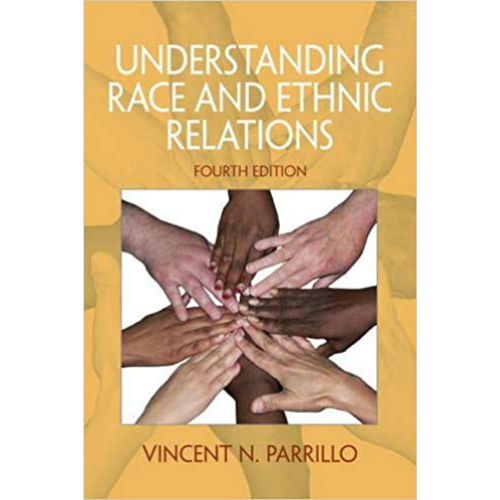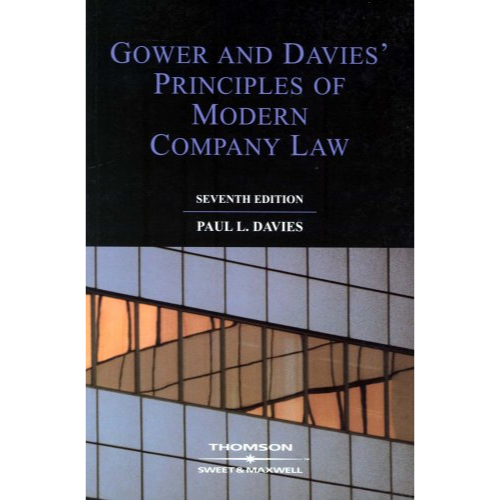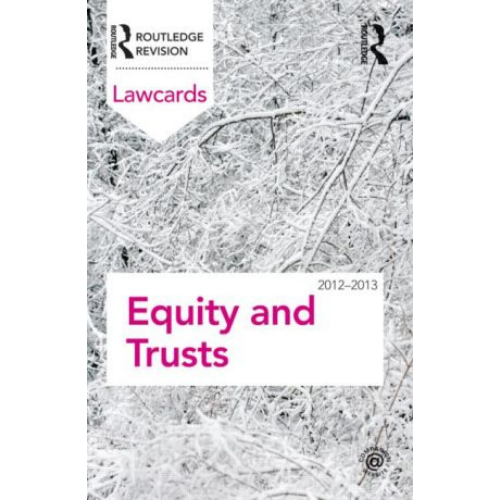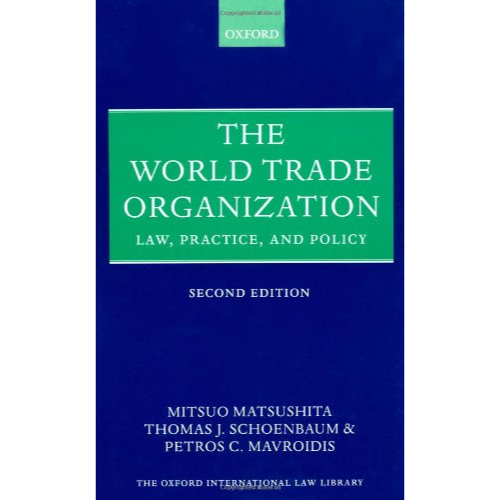Understanding Race and Ethnic Relations, 4th Edition
$105.66
Vincent N. Parrillo
SOC 215
ISBN:0205863523
Introducing the core theories, concepts, and issues concerning race and ethnic relations in the United States.
Based on the top-selling title by the same author, Strangers to These Shores, this book provides a framework for understanding the interpersonal dynamics and the larger context of changing intergroup relations.
In stock












